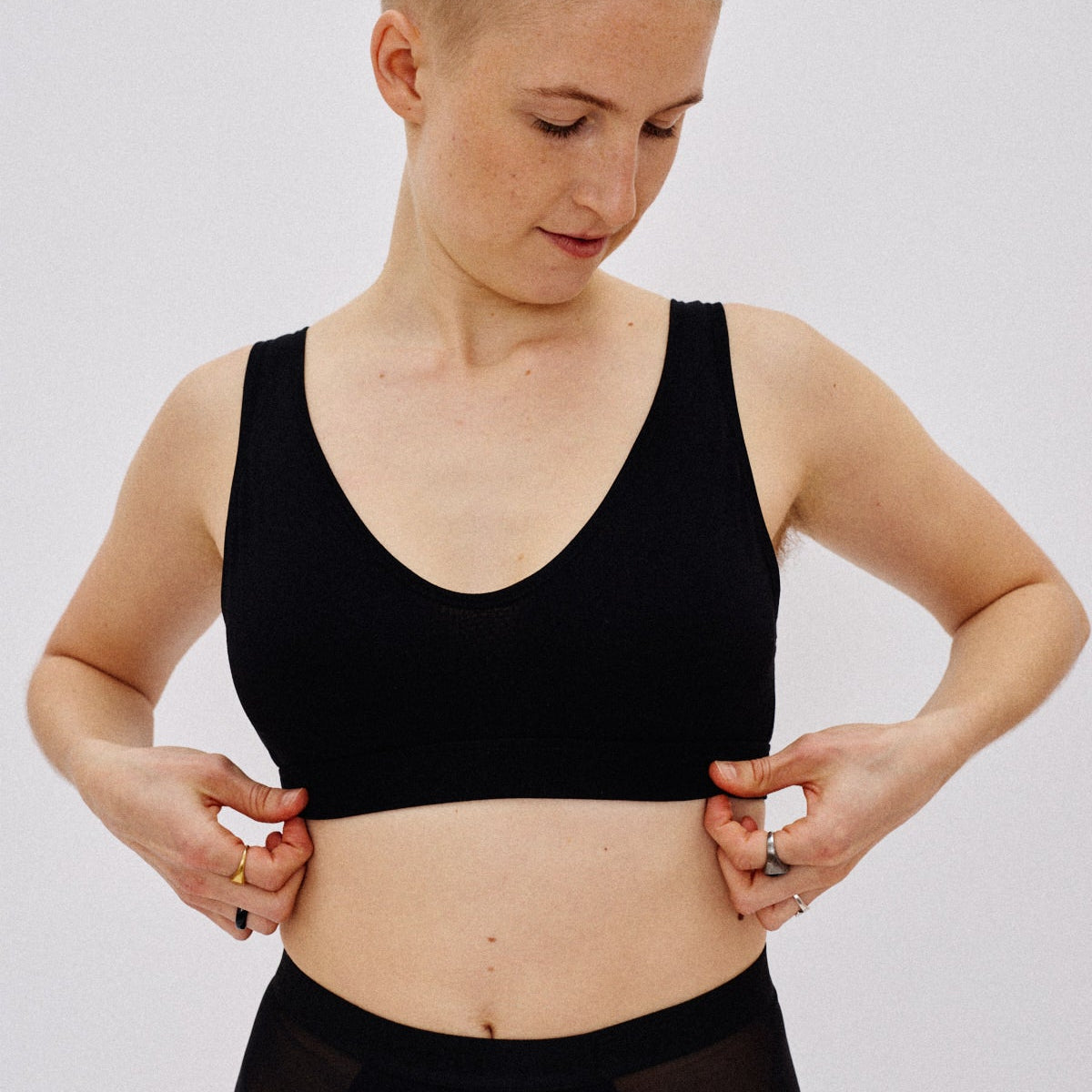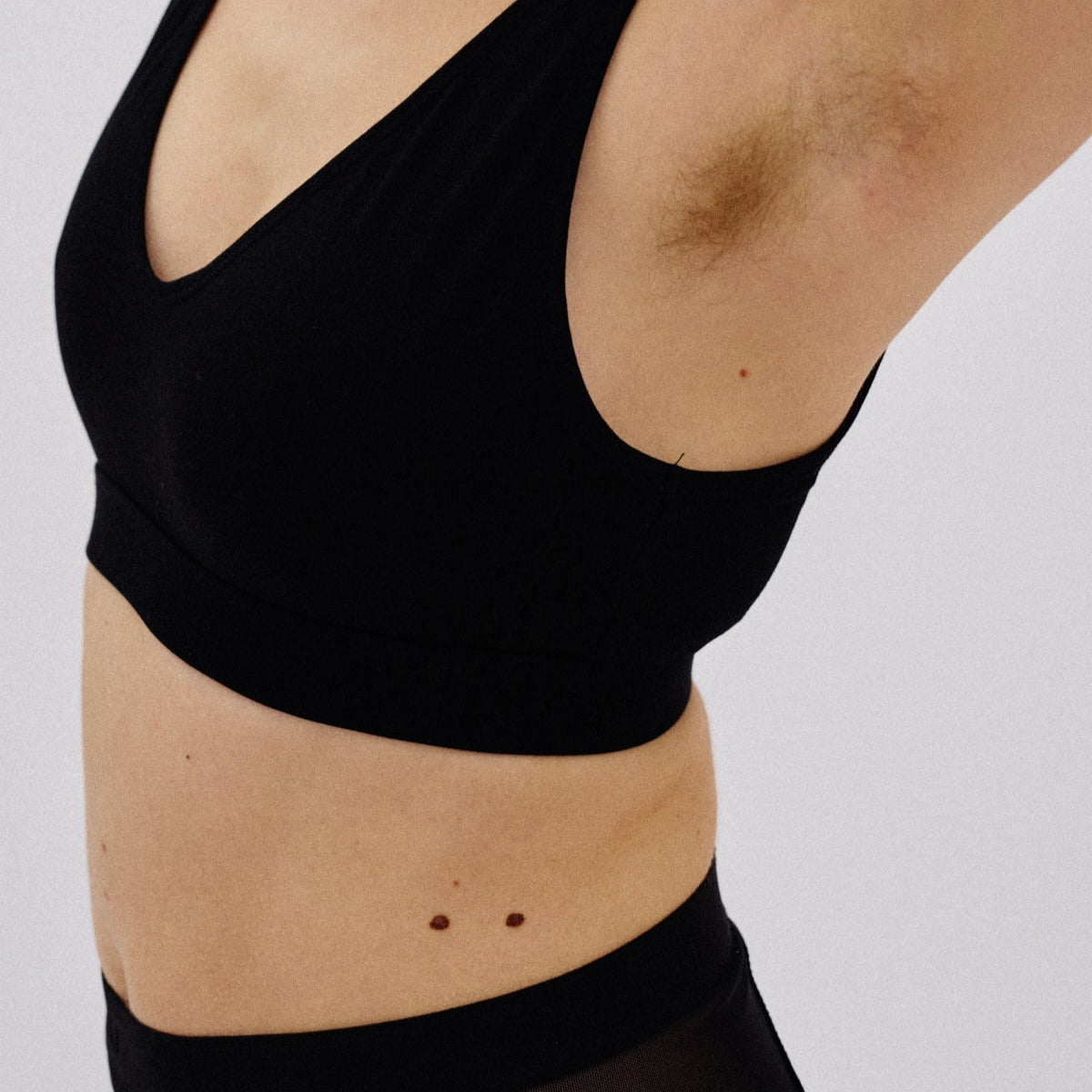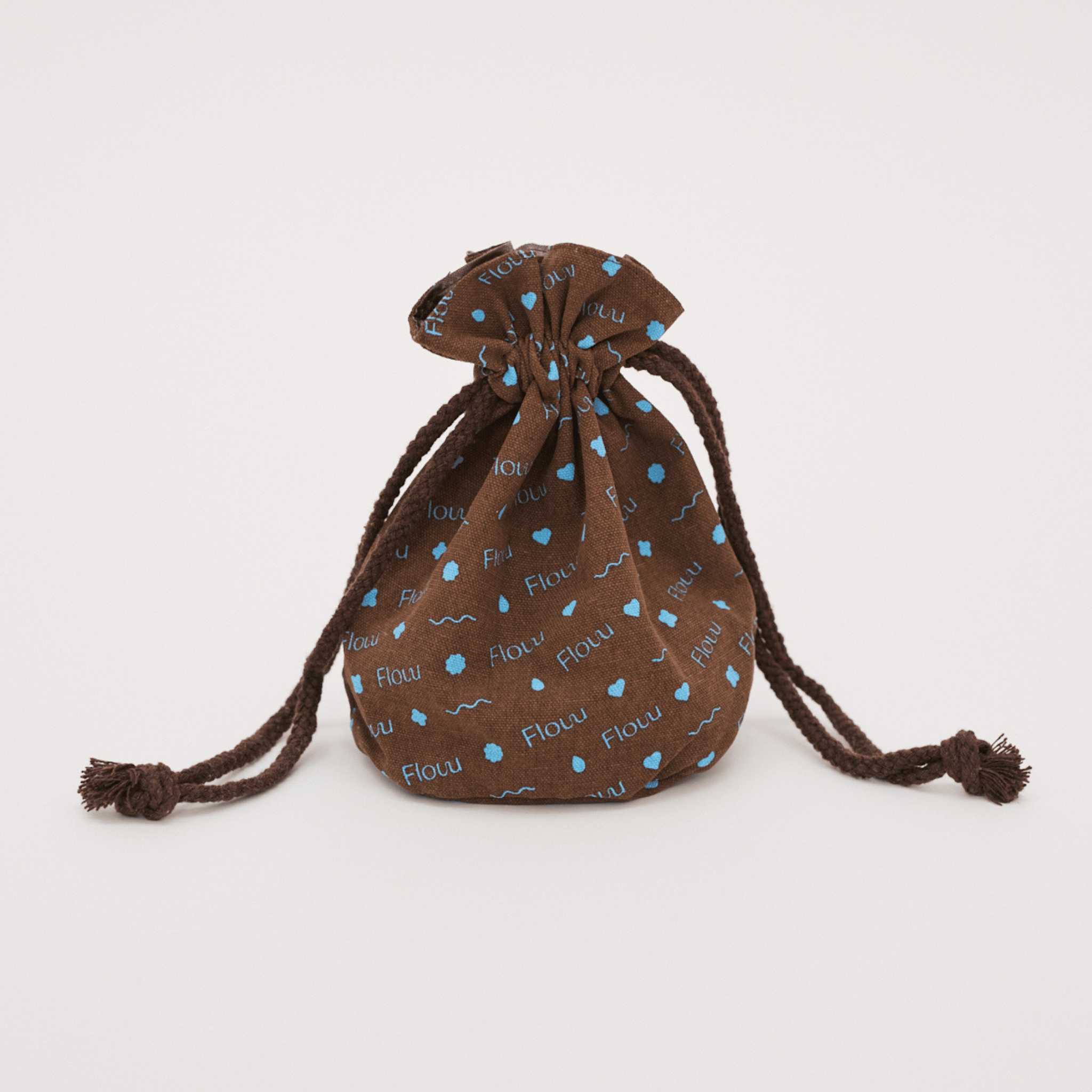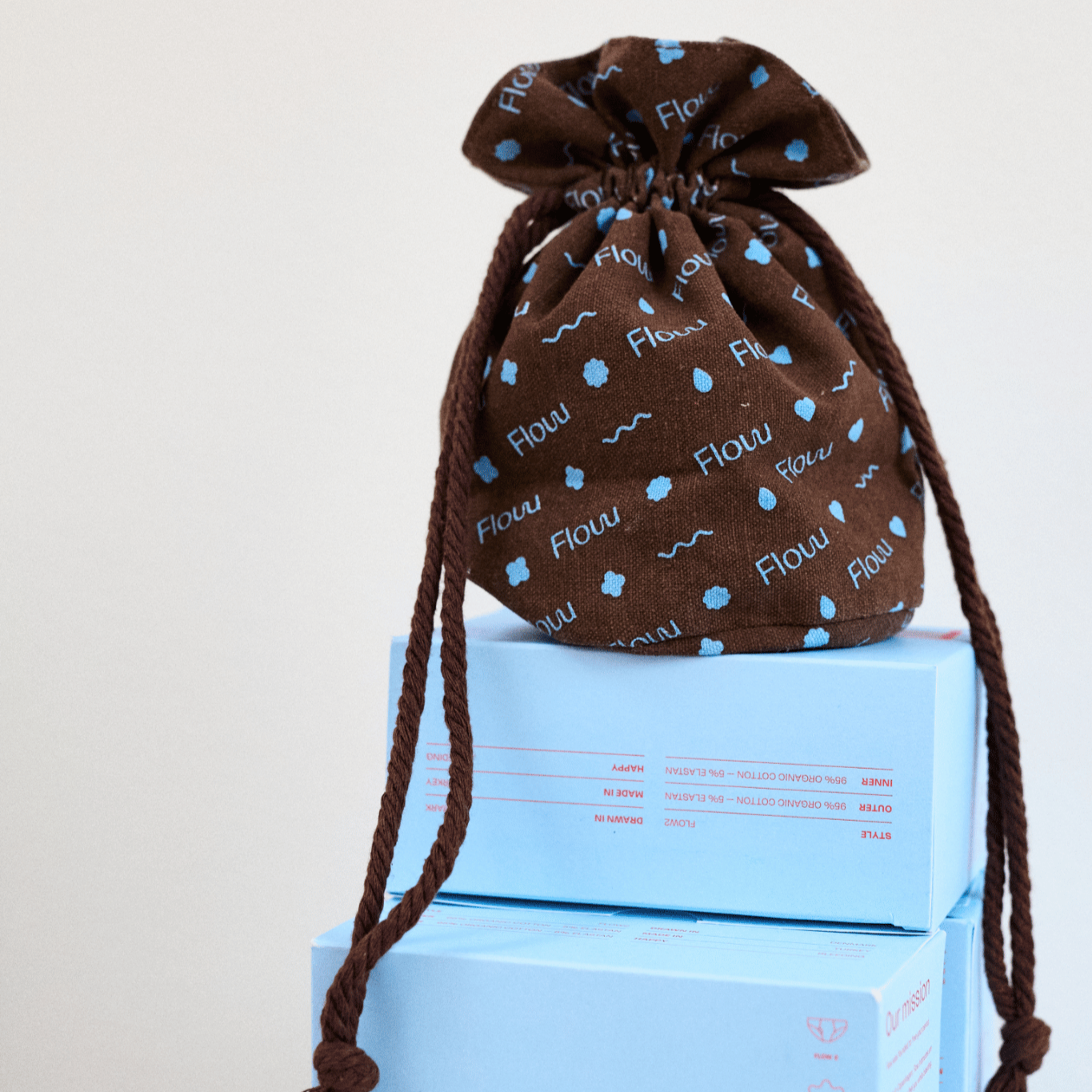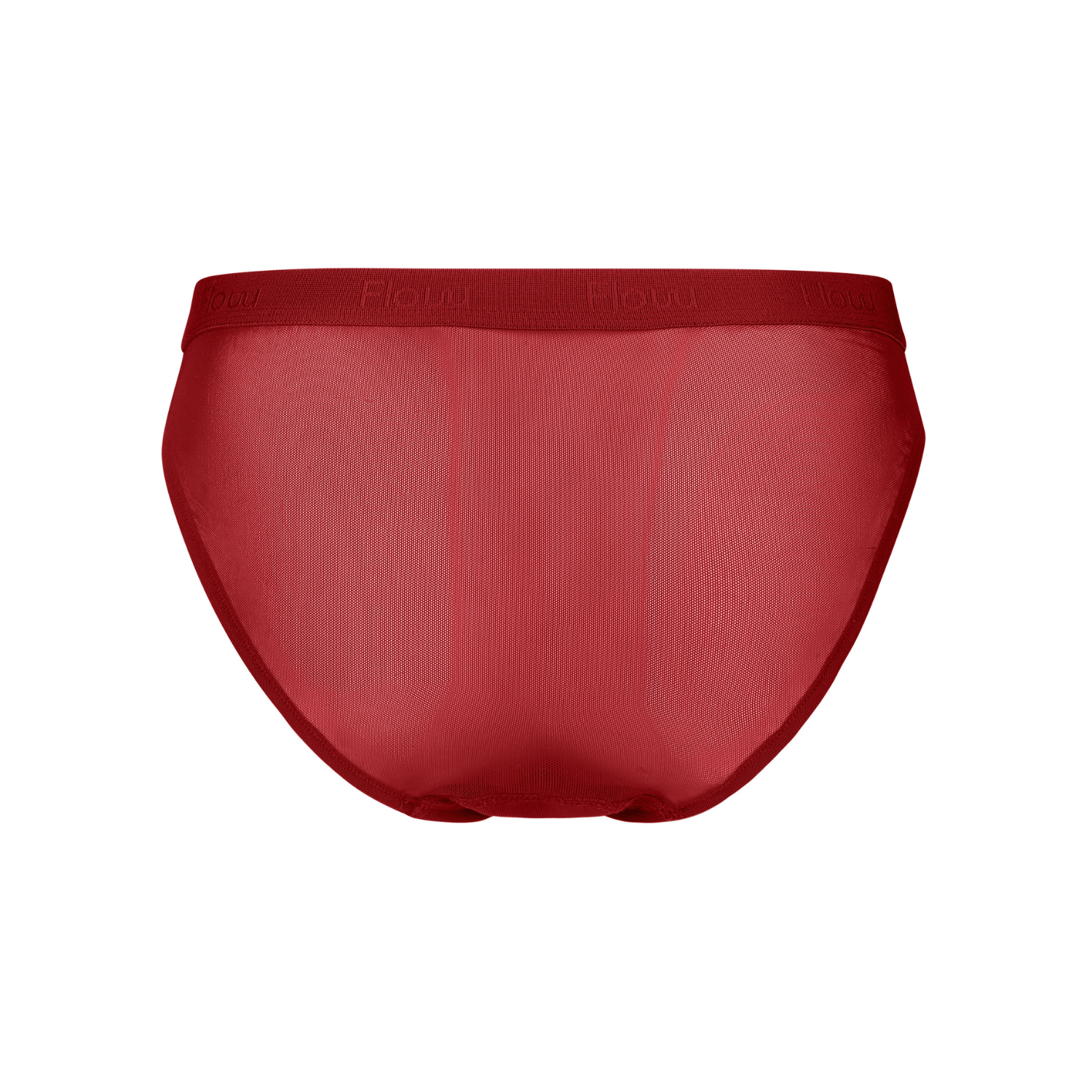The first period
Menarche is a significant event in a young woman's life that marks the onset of menstruation, or the first occurrence of a menstrual period. It typically occurs during puberty, which is the stage of life when a child transitions into adulthood, usually between the ages of 9 and 16, although the average age is around 12. Menarche is a natural part of the female reproductive cycle and is influenced by hormonal changes in the body.

Here's a general overview of what happens during menarche:
-
Hormonal changes: During puberty, the body undergoes significant hormonal changes. The pituitary gland in the brain begins to release hormones that stimulate the ovaries to produce estrogen, one of the primary female sex hormones. As estrogen levels rise, it triggers the development of secondary sexual characteristics, such as breast development and the growth of pubic and underarm hair.
-
Maturation of the reproductive system: As puberty progresses, the girl's reproductive system matures. The uterus and ovaries undergo changes in preparation for menstruation, which involves the shedding of the uterine lining.
-
Ovulation: Before menarche, a girl's menstrual cycles may be irregular, and ovulation (the release of an egg from the ovaries) may not occur right away. Once the menstrual cycles become regular, ovulation occurs on a monthly basis, about two weeks before the start of the menstrual period.
-
Menstrual bleeding: Menstruation begins with the shedding of the uterine lining, which occurs approximately every 21 to 35 days. The bleeding usually lasts between 2 to 7 days. The blood and tissue flow out of the uterus through the cervix and out of the body through the vagina. The first few periods may be irregular in terms of timing and flow.
-
Physical and emotional changes: Menarche is a time of emotional and psychological adjustments for young girls. They may experience a mix of excitement, confusion, or anxiety about the changes happening in their bodies. Supportive and open communication with parents, caregivers, or other trusted adults can be crucial during this time.
It is important to note that every individual is different, and the age at which menarche occurs can vary. Factors such as genetics, nutrition, overall health, and environmental factors can influence the timing of menarche. If there are concerns about the timing or development of menarche, it's best to consult with a healthcare professional. Regular menstrual cycles are usually established within a few years after menarche, but it may take some time for the body to fully adjust to the menstrual cycle's regularity.










